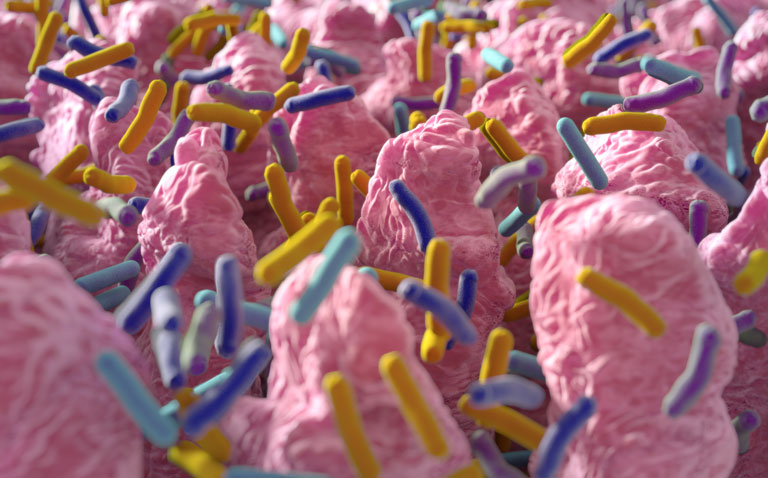Scientists at Purdue University, Indiana, have developed a new 3D-printed capsule that allows sampling of gut bacteria for further analysis and possible identification of disease.
Although a colonoscopy capsule camera has been available for some time to view areas of the intestines, current versions do not allow for sampling of the gut microbiome. The new battery-less capsule, which measures 9 mm by 15 mm has four components: a biodegradable cellulose acetate phthalate, pH-dependent, enteric coating, a 3D-printed housing, a sampling hydrogel and a gas permeable, flexible polydimethylsiloxane (PDMS) membrane.
The capsule is swallowed and upon reaching the small intestine, the enteric coating dissolves and entry of gut fluid which contains bacteria occurs via a small aperture. The intestinal fluid is then absorbed by the hydrogel which swells and in doing so, fills the volume of the capsule and pushes the PDMS membrane onto the sampling aperture, effectively sealing the device. The capsule is then retrieved from a faecal sample and a screw and thread on the capsule allows for it to be easily disassembled, the hydrogel removed and the bacteria present cultured and analysed. The capsule was thoroughly tested for leakage and its ability to absorb and maintain viable organisms in different extreme environments.
The capsule has been tested in pigs, who have a similar digestive tract to humans and the authors have filed a patent for the device.
Reference
Waimin JF et al. Smart capsule for non-invasive sampling and studying of the gastrointestinal microbiome. RSC Adv 2020;10:16313.










